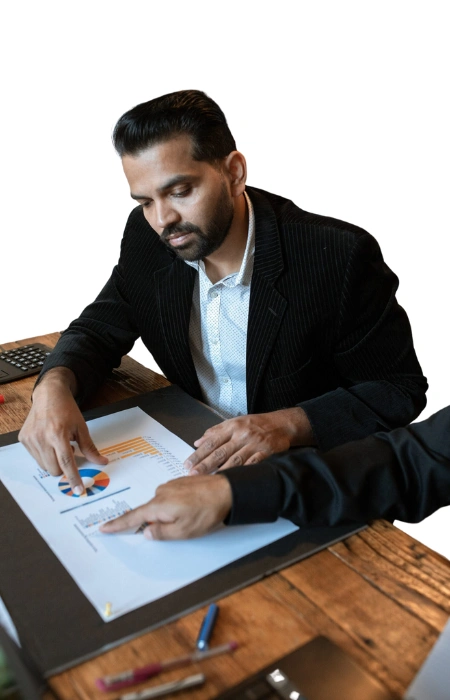ACHIEVE RPL QUALIFICATIONS IN AUSTRALIA WITH RECOGNITION OF PRIOR LEARNING
Recognition of Prior Learning (RPL) is a process that allows individuals to leverage their existing skills and knowledge in order to obtain a formal qualification. Through RPL, your experience, current job, and other qualifications are assessed and taken into account.
Are you prepared to pursue RPL qualifications in Australia?
CHECK YOUR ELIGIBILITY
What is the Recognition of Prior Learning (RPL)?
Recognition of Prior Learning (RPL) is a process that evaluates an individual’s previous knowledge and learning, encompassing formal, informal, and non-formal education, whether acquired in Australia or overseas. RPL is granted by Recognised Training Organisations after assessing an individual’s prior learning against the learning outcomes of Australian Qualifications.
This recognition reduces the number of required learning activities needed to obtain a Nationally Recognised Qualification. It can be achieved through Credit Transfer, Recognition of Prior Learning, or advanced standing.
The RPL Assessment must be:
- The assessment for RPL must be conducted by academic staff members of an RTO who possess expertise in the relevant subject content, knowledge, and skills.
- Sufficient and authentic evidence should be provided to validate the individual’s experience.
- Regardless of when, where, or how the knowledge was acquired, the assessment should acknowledge the individual’s competency.
Here are the steps involved in completing the RPL process:
- An initial assessment or pre-assessment will be conducted by our dedicated consultants.
- The required documents/evidence for completing the process will be identified.
- The necessary documents will be gathered to create a portfolio for the client.
- The documents will be forwarded to our affiliated RTOs for an initial assessment to verify the student’s competency.
- Once the affiliated RTO has assessed the student’s competency, the qualification will be issued by the college.
The goal of RPL is to:
- Recognize and value an individual’s skills, offering equal opportunities to assess and acknowledge them, regardless of when, where, or how the expertise and skills were acquired.
Foster lifelong learning and adaptability within the education system and the job market.
- Improve access to education for socially disadvantaged individuals, broadening their opportunities to acquire education and compete in the labor market, thus enhancing their contribution as valuable resources to society.

